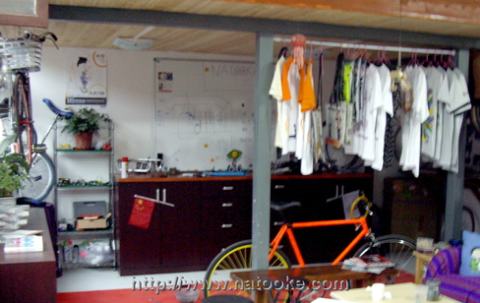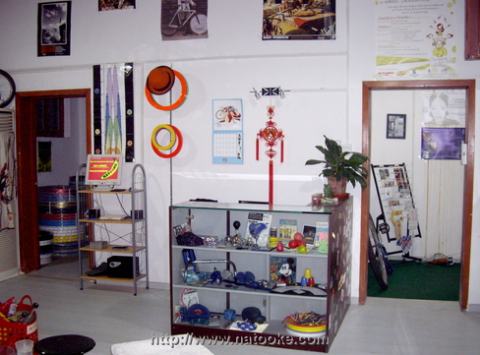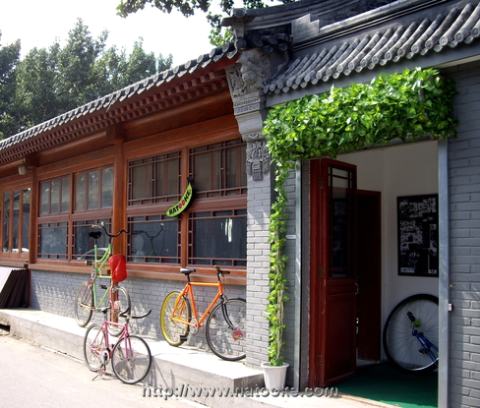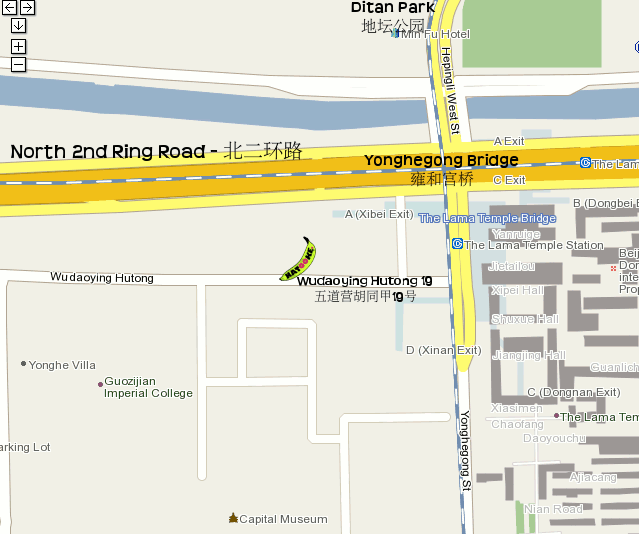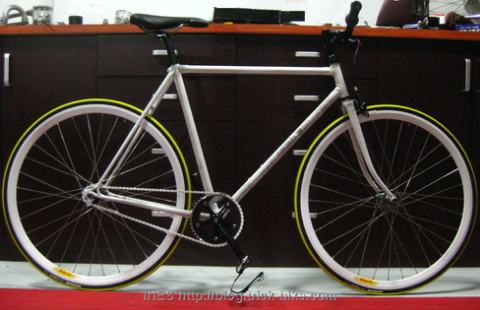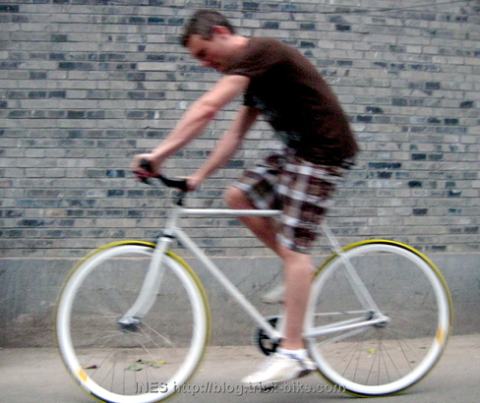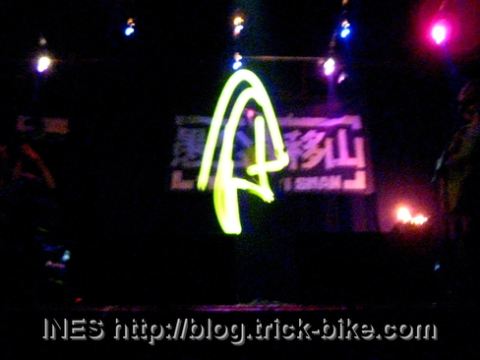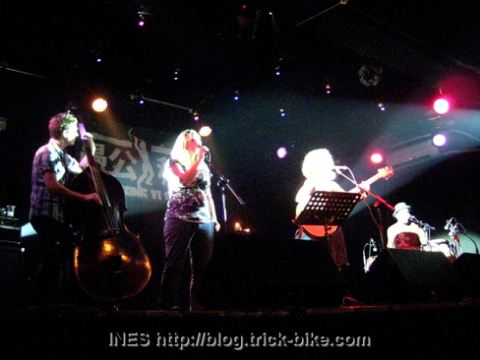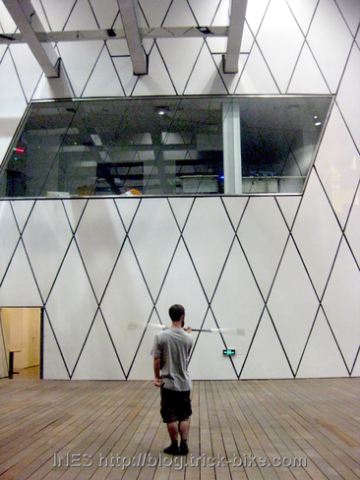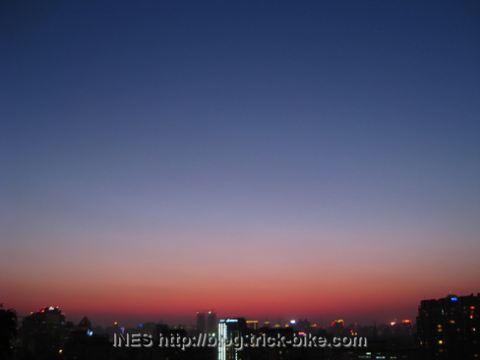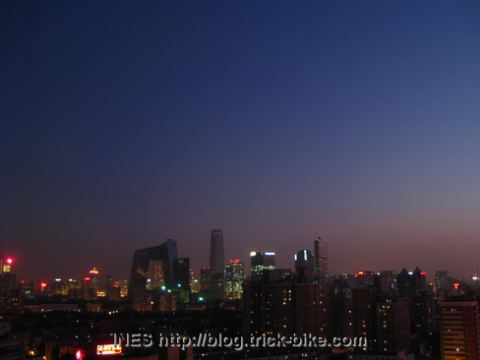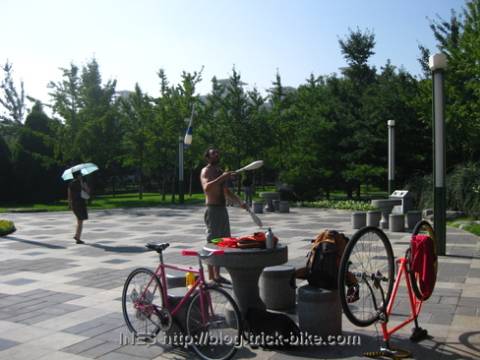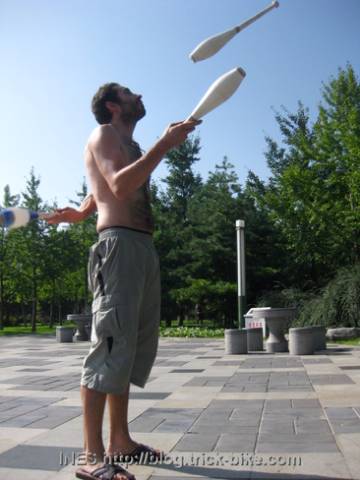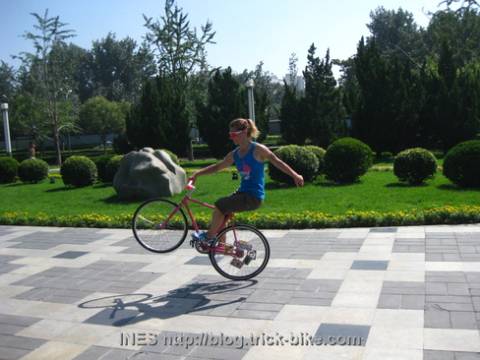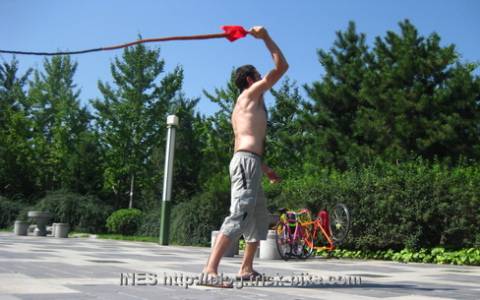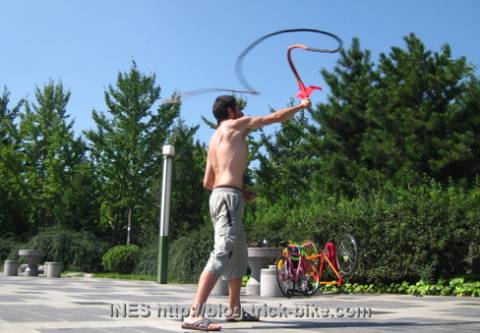I found this article on the Straits Times and wanted to share it here. Written by Sim Chi Yin, China Correspondent:
More than three million people bought tickets to visit the Bird’s Nest stadium between last October and January this year. Pulling in tourists and revenue: Between last October, when they were first opened to tourists, and the end of May this year, the Bird’s Nest and the Water Cube saw total business revenue of 364 million yuan (S$76.5 million). This amounted to an average daily revenue of more than 1.5 million yuan. Ask any Beijinger what has changed since the city hosted the Olympics a year ago, and he is likely to tell you ’something in the air‘ – quite literally so. The capital’s notoriously bad air has cleared slightly since the government desperately instituted anti-pollution measures last year.
Beijing has adapted traffic control measures introduced during the Games and made them permanent, easing congestion and giving the smog-covered city some ‚blue sky days‘. Beijing’s air quality during the first half of this year was the best it had been since 2000, the city’s Communist Party boss, Mr Liu Qi, noted at a forum yesterday. Data logged by the Beijing Municipal Environmental Protection Bureau shows 146 days with clear skies in the first half of this year – 23 more than in the same period last year and a whopping 46 more than in 1998. Beijing did, after all, spend 120 billion yuan (S$25 billion) on pollution control in the seven years leading up to the Games.
Still, China’s official data on air quality – posted on http://www.bjepb.gov.cn/bjhb/ – has long been questioned, in part because it measures pollutants different from those included in indices used by other countries. The skies are usually grey even when the air is officially ‚good‘, so some Beijing-based foreigners have been taking their own readings. The American Embassy in Beijing runs a monitoring station to check pollutant levels and posts its findings. The station’s readings often indicate that the air is ‚unhealthy‘ or ‚hazardous‘ even when the official reading is ‚good‘ or ‚moderate‘.
Ultimately, the numbers can only show whether the pollution is very bad or just bad, said Mr Julien Chol, a French entrepreneur who sells anti-pollution masks for bikers. At his site – www.pollution-china.com – you can take the day’s official air quality reading and see how other countries would ratethe air based on their own indices. Often, the comparison is all tootelling.
Nevertheless, since the Olympics, Beijing’s air has indeed improved, by some 5 per cent to 20 per cent, estimated Mr Chol, who has been living in China’s capital for four years. However, he added: ‚This improvement is attributable partly to themeasures taken during and before the Olympics and partly to the economic slowdown. So we have to wait for the economy to regain its former dynamism before we can draw definitive conclusions on the real impact of the Olympic measures.‘
While the fresher air might top the list of memorable Olympic legacies for countless Beijingers, the Games have wrought other, less tangible, changes in their daily lives. Sales manager He Zhijie, 40, spoke for many when he said: ‚Just based on gut feelings, I’d say Beijingers have become more civilised in their behaviour. I can’t put my finger on it precisely. It’s just a feeling that we’ve become more worldly.‘ His conclusion has been corroborated somewhat by the ‚good behaviour‘ index charted over the past four years by the Social Psychology Institute of Renmin University in Beijing. The index has seen a steady climb, rising from 65.21 in 2005 to 82.68 last year. Data for this year is not available yet.
Researchers polled 12,000 randomly selected Beijing residents – Chinese and foreigners – regarding public hygiene and orderliness, among other things. Fewer people now spit or throw rubbish on the streets – among the most evident changes – noted Professor Sha Lianxiang, who headed the officially backed study. Still, the reality is far from ideal, noted Professor Jin Shan, a researcher at the Beijing Academy of Social Sciences. ‚There is some change in people’s behaviour, but China is so large andvaried, it can’t be transformed by a single Olympic Games,‘ he said. The authorities have been running mass campaigns – with varying success – to get more Chinese into the habit of queueing up and to persuade couch potatoes to exercise by designating today as National Fitness Day.
What the Chinese have indeed shed – thanks to the Games – is their long-lingering sense of inferiority, argued historian Xu Guoqi, who is based at the Chinese University of Hong Kong. Hosting the Olympics – which represented the fulfilment of a collective, century-old dream or bai nian meng – has had a beneficial effect on the national psyche. It has finally rid the Chinese of their obsession with being labelled the ’sick man of the East‘ and imbued them with a new self-confidence, said Professor Xu, author of Olympic Dreams: China And Sports, 1895-2008. ‚They saw that their sportsmen could swim with the big boys like the Aussies, and win,‘ he said. All the pre-Olympics buzz promising that China would finally come of age and claim its place on the international stage did bear some fruit, he added.

